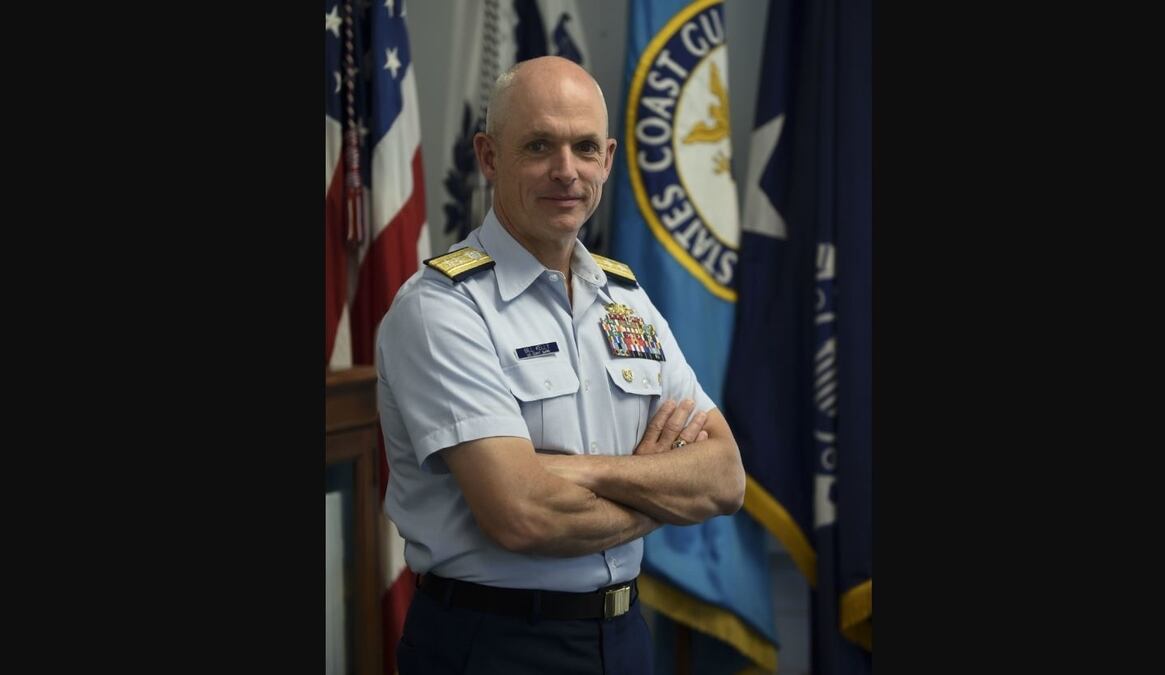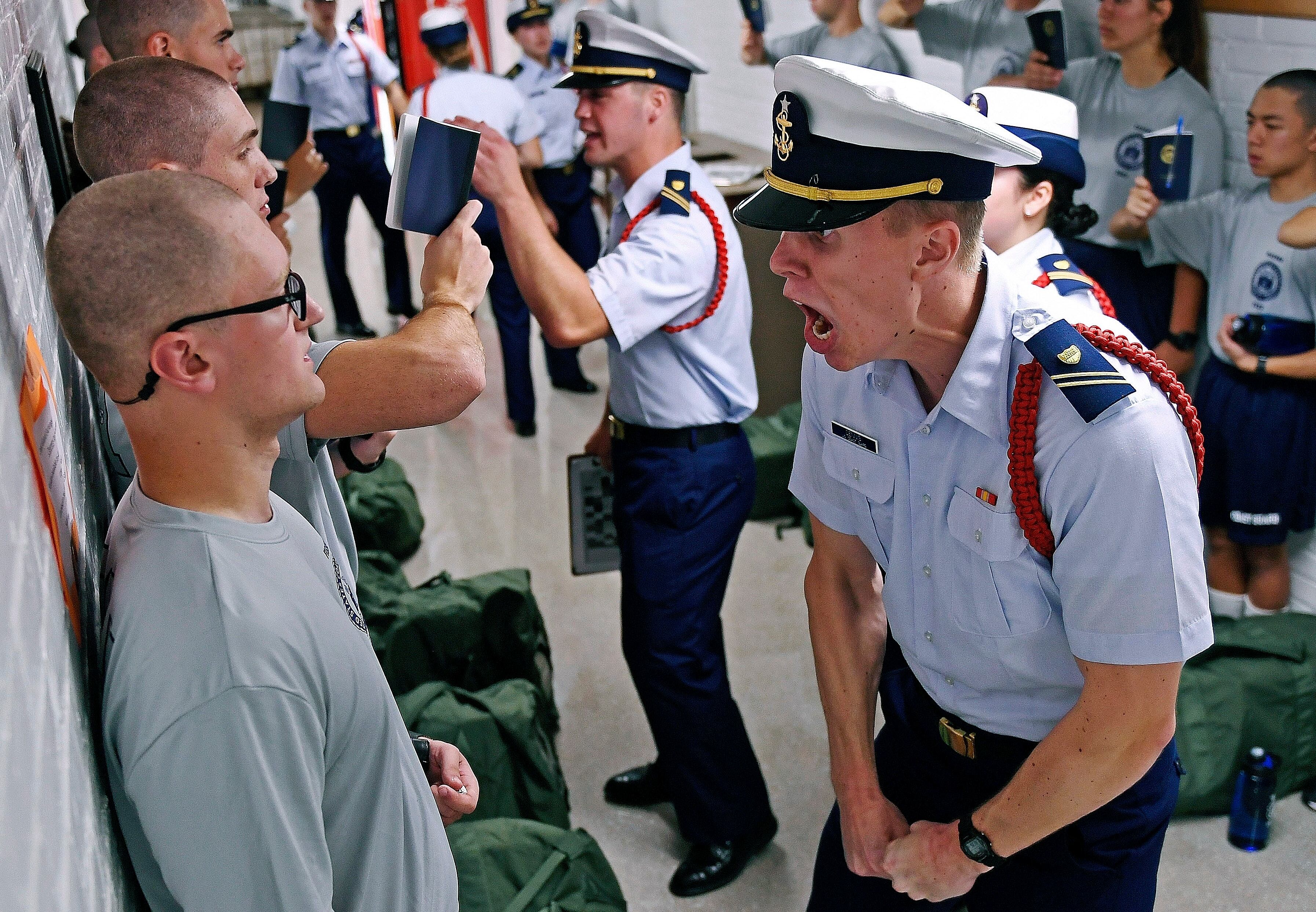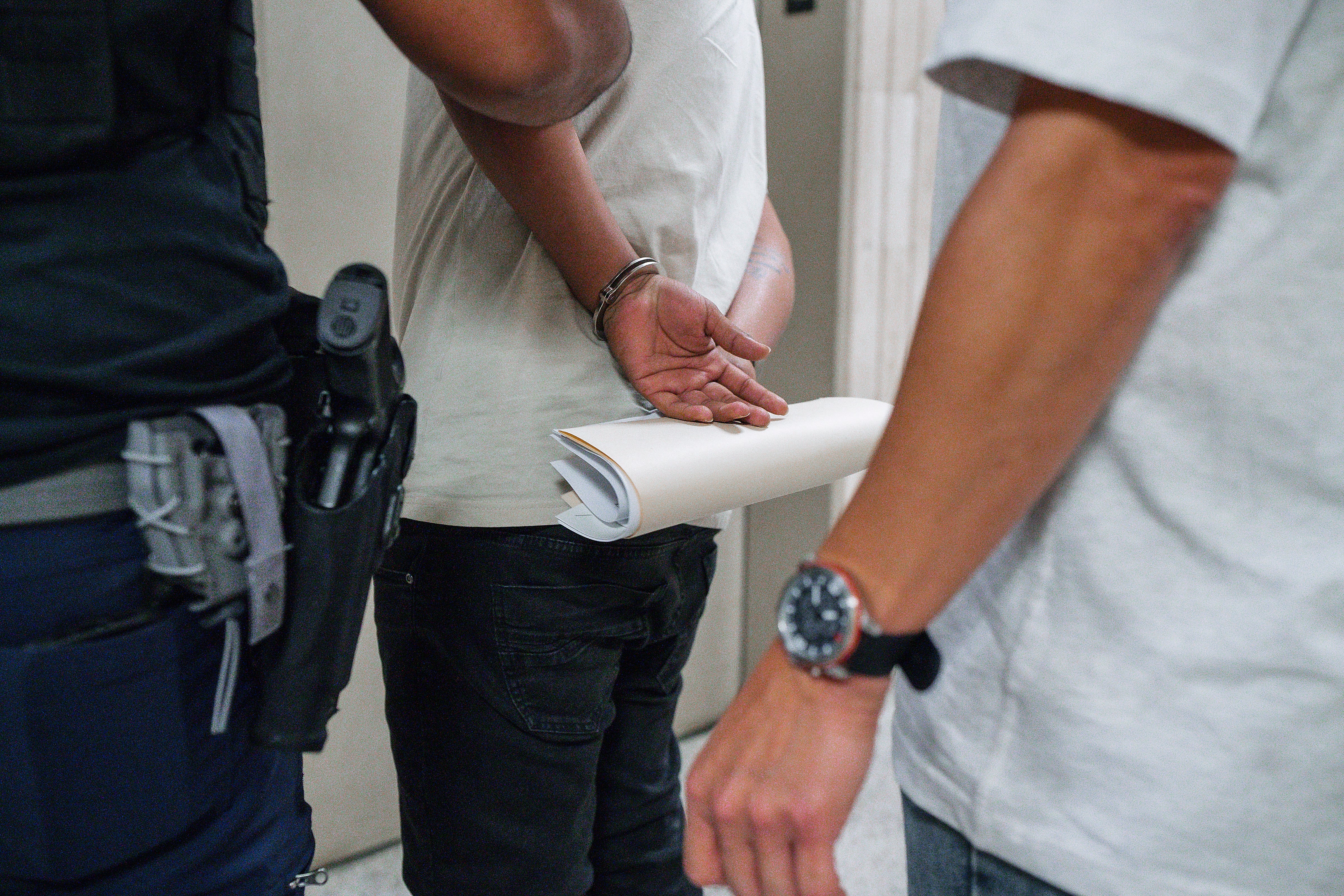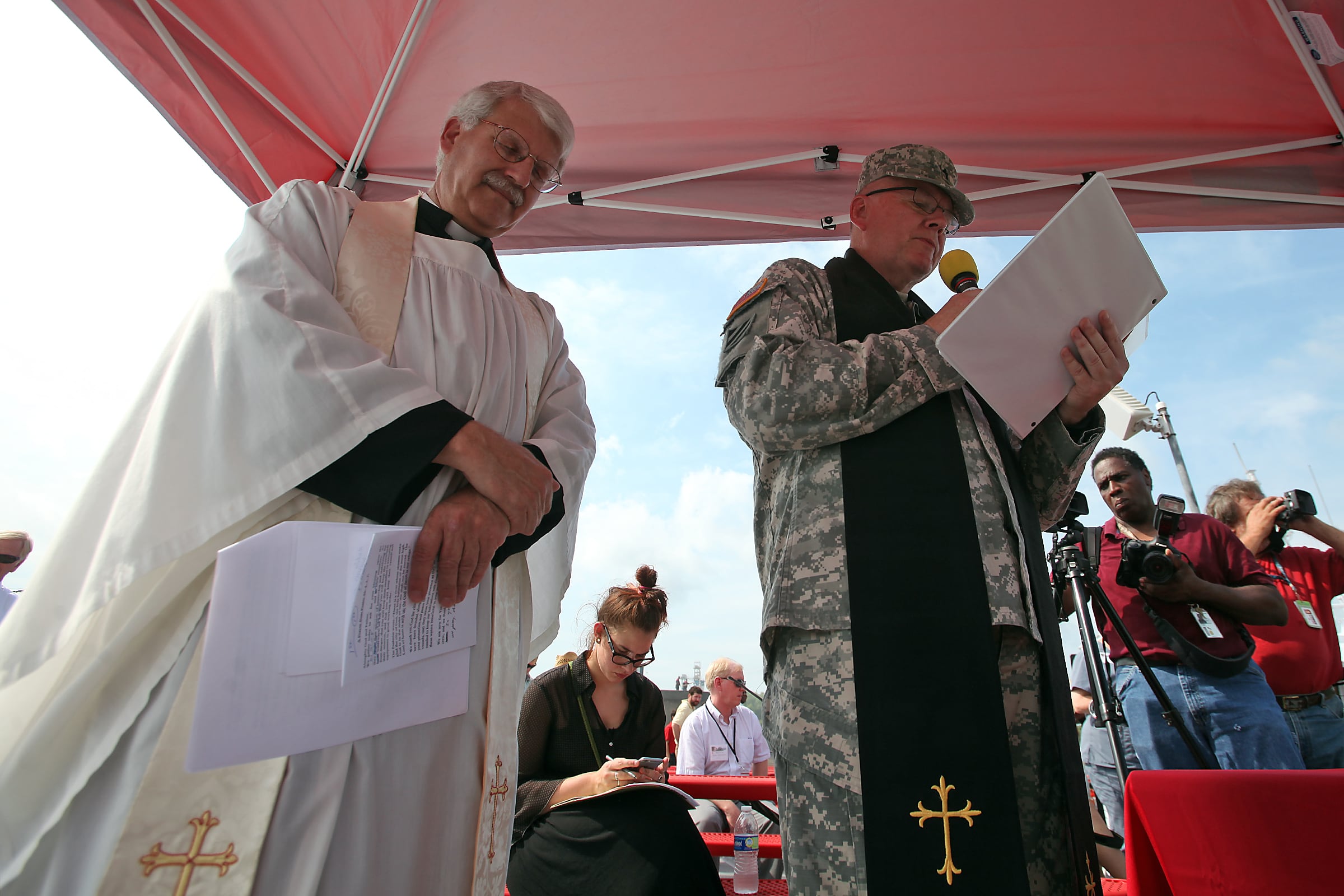The U.S. Coast Guard’s leadership has failed to conduct prompt, thorough and impartial investigations of harassment and bullying allegations, according to a congressional investigation released Wednesday.
The report, called “Righting the Ship,” also found Coast Guard leaders didn’t hold officials accountable for deficient and incomplete investigations and didn’t take corrective action to address retaliation against people who report harassment and bullying. It concludes that the service needs to make “significant improvements” in its policies and procedures.
The U.S. House Oversight and Homeland Security Committees launched the 18-month investigation after questions were raised about how complaints were handled at the Coast Guard Academy in New London, Connecticut. Subcommittees for the two committees discussed the findings Wednesday during a joint hearing.
Coast Guard Vice Adm. Michael McAllister said at the hearing the service's senior leaders are taking "every step to foster and develop a climate that's free from harassment, bullying and retaliation" and take all complaints seriously.
McAllister, the deputy commandant for mission support, spoke about changes the Coast Guard has made to the way it handles allegations, including updating its civil rights awareness training, creating new positions to improve oversight at the academy and revising procedures to require commanders to notify their superior of the findings and outcomes of harassment, hate, hazing and bullying inquiries.
McAllister acknowledged there's room for improvement and said he looked forward to "enhancing our policies" with help from Congress.
RELATED

U.S. Rep. Bennie Thompson, a Mississippi Democrat, said the Coast Guard must make major changes to address its climate and cultural challenges and ensure accountability.
"The Coast Guard's biggest asset is not its fleet, but its people," said Thompson, the Homeland Security Committee chairman. "If the service does not know how to take care of its own people, it cannot execute its critical mission to protect our homeland."
The GOP didn't sign onto the report because Republican representatives were given only a few days to review it, said Rep. Chip Roy, a Texas Republican, arguing the report should have been issued after the hearing, to include information presented Wednesday.
Republican Rep. Debbie Lesko, an Arizona Republican, called it a "one-sided report" that should have included feedback from the Coast Guard.
She praised the service for its commitment to improving and said the Democratic majority spent considerable time and expense investigating an issue that had been already investigated.
The report includes a lengthy discussion about a case involving a member of the permanent teaching staff at the Coast Guard Academy, Lt. Cmdr. Kimberly Young-McLear. She reported in 2015 that her supervisor harassed her and created a hostile work environment, partly because she is a lesbian and a black woman.
The report says the academy never investigated her allegations, instead using an alternative dispute resolution process.
Young-McLear, who testified Wednesday, said she turned to the Department of Homeland Security's Office of Inspector General after she suffered retaliation for making the complaints. The Coast Guard, she said, did not hold those responsible accountable or provide a safe working environment. Her case is not isolated, she said, and such issues are happening across the Coast Guard.
“Many Coast Guard individuals, who are overwhelmingly talented, devoted people of color, women and LGBTQ, have reached out me to share their experiences and to convey that these systemic issues up and down the ranks are not unique to the Coast Guard Academy,” said Young-McLear, who’s doing a cybersecurity fellowship in Washington but plans to return to the academy.
Young-McLear was asked how she found the strength to "fight the Coast Guard" for years.
"I don't see it as I'm fighting the Coast Guard," she said. "I see it as I'm fighting for a better Coast Guard."
RELATED

The inspector general’s 2018 report substantiated Young-McLear’s claim that she was retaliated against on the basis of her discrimination and harassment complaints, in violation of the Military Whistleblower Protection Act.
The Coast Guard has acted on that report’s recommendations, McAllister said.
The congressional report also finds fault with how a related bullying case at the academy was handled, and notes that 45 percent of female cadets reported experiencing sexual harassment in 2018.
The committees said that although the cases they most closely examined involved faculty and leadership at the academy, the policy and processes used to address allegations apply to the entire Coast Guard.
McAllister said he does not have data to suggest bullying and harassment is widespread, but he would like to hear directly from anyone who believes the issues are common. He said Young-McLear is helping the Coast Guard by participating in diversity and inclusion initiatives.
Adm. Karl Schultz, the head of the Coast Guard, was asked to testify Wednesday. Committee leaders said that by declining the admiral appears to reinforce concerns that the Coast Guard leadership does not takes the issues seriously enough.
They criticized the Coast Guard for delaying the delivery of requested documents and heavily redacting them during the investigation.
But McAllister said he spoke for the service because he is in charge of human resources, training and personnel policy. He said it was their intent to be responsive and transparent, and pursuing a diverse and inclusive service is a top priority.
The congressional investigation was launched by the late U.S. Rep. Elijah Cummings, a Maryland Democrat who worked on Coast Guard diversity issues throughout his career, and Thompson, in consultation with U.S. Rep. Joe Courtney.
Courtney, a Connecticut Democrat whose district includes the academy, said the report isn’t an attack on the Coast Guard, but if there’s a problem it needs to be fixed.









